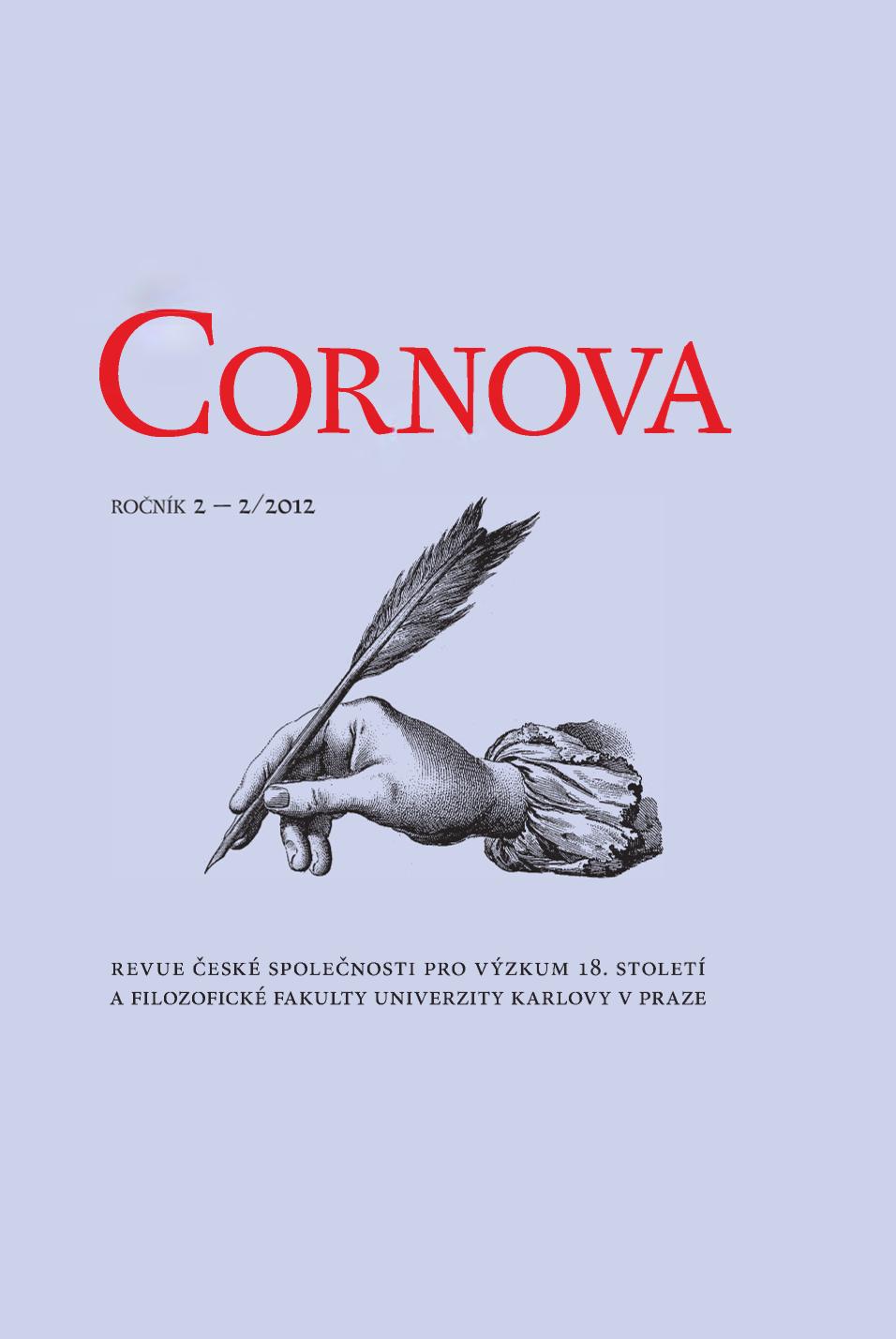Počátky Moravského zemského muzea a případ hraběte Josefa Auersperga
The Beginnings of Moravské zemské muzeum and the Case of Count Joseph Auersperg
Author(s): Dušan UhlířSubject(s): Museology & Heritage Studies, Political history, Social history, 18th Century, 19th Century
Published by: AV ČR - Akademie věd České republiky - Ústav pro českou literaturu
Keywords: Moravské zemské muzeum; Free‑Masonry in Bohemia and Moravia; Political Repression in Habsburg‑Empire;
Summary/Abstract: Count Joseph of Auersperg (1767–1829) was a lawyer, the president of the Bohemian Land Court and a member of the Prague Masonic lodge “At the Truth and Unity at the three Crowned Pillars” (Zur Wahrheit und Einigkeit zu den drei gekrönten Säulen). After the so called Jacobin trials (1794–1795) the Masonry was forbidden in the Habsburg monarchy and the Masonic lodges stopped their activities in order to avoid the state persecution. Despite the official proscription of Masonic lodges count Auersperg attempted to renew this lodge. Auersperg made use of the atmosphere of the illusive political thaw after the defeat of the Austrian army in 1809. He managed to succeed in his efforts until 1812 when the Austrian police traced this activity on the grounds of opening and controlling his correspondence. The count was then punished by transfer to Brno to serve there as the president of the Appellate Court in Moravia. In Brno he entered the environment influenced by local masons who after the dissolution of their lodge channelled their activities to philanthropy, culture and organization of science. They initiated a plan to found the Moravian museum in Brno after the example of Joanneum in Graz in Styria. In the person of Auersperg these men found an ardent supporter of this idea. Auersperg participated in presenting the programme of the new museum to the Moravian ‑Silesian Gubernium. The plan was approved by the authorities and Auersperg thus became one of the founders of this prominent institution. The harassment he suffered from the police regime and his overall case are illustrative of the methods used by the Austrian state against its real as well as supposed opponents. In his private correspondence with friends Auersperg made critical remarks about the situation at the Land Court in Prague, which was also revealed by the police and reported to the emperor. Moreover, the contacts Auersperg kept with people who were labelled as the enemies of the state were viewed very unfavourably. These circumstances finally led Auersperg to leave the state service after his transfer to Brno. The permanent legacy of Auerspergs activities in Brno is his masonic library which originally consisted of 267 volumes and is now housed by the Moravian Library.
Journal: Cornova
- Issue Year: 02/2012
- Issue No: 02
- Page Range: 47-56
- Page Count: 10
- Language: Czech

